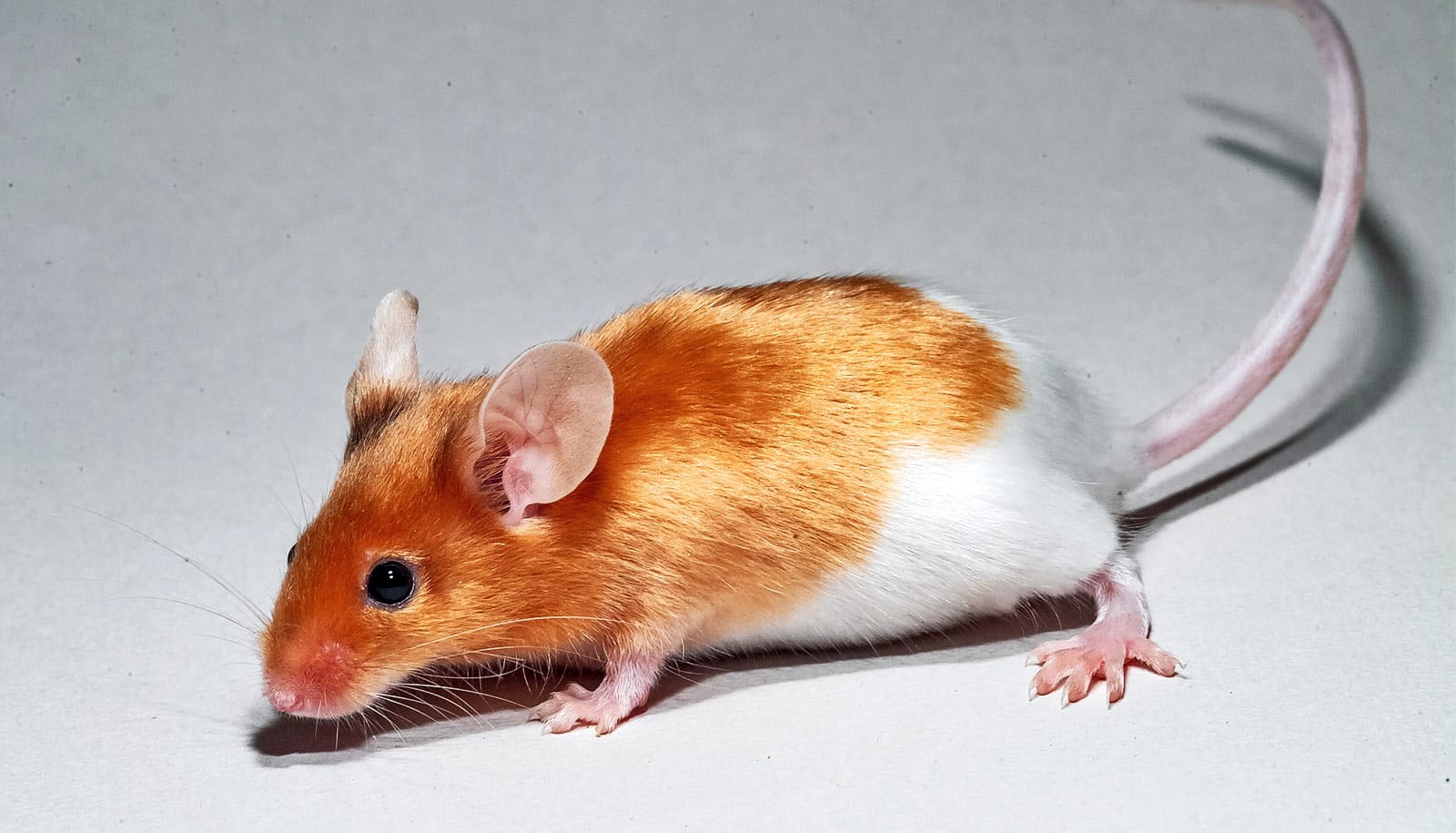Stimulating neurons in an area of the brain not previously associated with feeding triggers binge-eating behavior in mice, research shows.
When activated by light probes, GABA neurons in an area of the brain called the zona incerta induce mice to return repeatedly to feed, researchers report in the journal Science.
“What was most remarkable was the rapidity with which the mice began to eat,” says Anthony van den Pol, a professor of neurosurgery at Yale University. “Although many brain regions contribute to the regulation of energy balance and food intake, I am not aware of any other part of the brain that can be stimulated to generate feeding within two to three seconds.”
“The mice prefer the animal equivalent of potato chips, candy, or cake.”
Mice gained considerable body weight if their zona incerta was stimulated, but then returned to normal weight once the stimulation stopped.
“The parallel with human binge-eating is interesting,” van den Pol says. “The mice prefer the animal equivalent of potato chips, candy, or cake.”
Could targeting myelin treat binge eating?
The mice seemed to enjoy the stimulation, staying in the part of the chamber where zona incerta neurons had been activated even when researchers were not actively stimulating the region.
Research has primarily focused on the medial and lateral hypothalamus as centers for feeding behavior and largely ignored the nearby zona incerta.
However, some patients who undergo deep brain stimulation for treatment of movement disorders show increased interest in eating, perhaps due to stimulation of nearby zone incerta, van den Pol says.
Xiaobing Zhang, associate researcher scientist in neurosurgery, is coauthor of the study. The National Institutes of Health funded the work.
Source: Yale University



